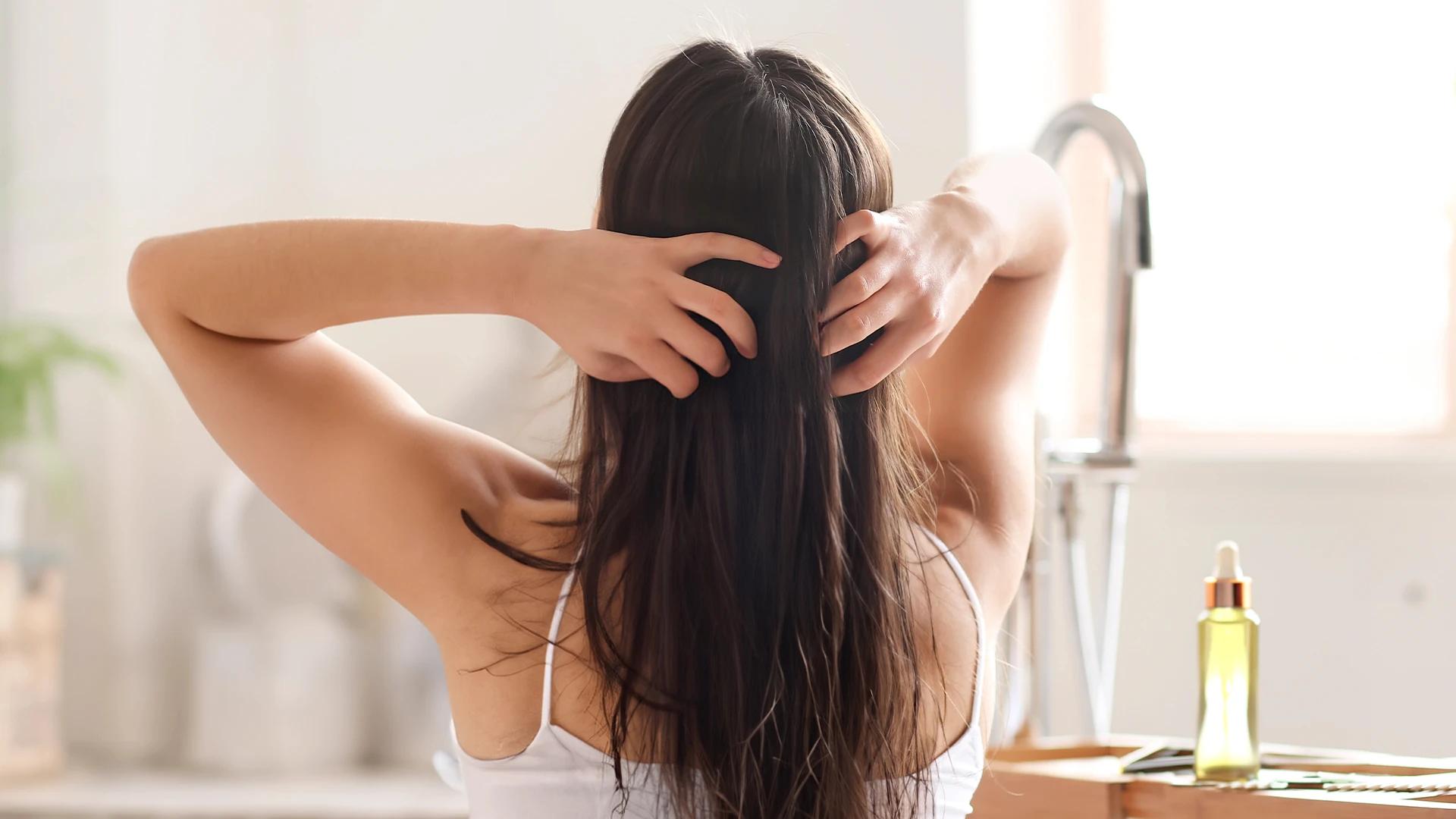Spotting those first silver strands can feel like a proper wake-up call, but here's the real talk: you don't have to just accept them. Whether you're dealing with premature graying or simply want to slow down the process, natural remedies might just become your new fave approach. From kitchen ingredients to lifestyle tweaks, there are loads of ways to tackle white hair without harsh chemicals. These home treatments have been tried and tested for generations, and the best part? Most of them are probably sitting in your pantry right now. Let's dive into everything you need to know about reducing white hair naturally.
Understanding White Hair: Causes and Factors
Before jumping into solutions, it's worth knowing why hair goes white in the first place. Your hair colour comes from melanin, the same pigment that gives your skin its tone. When melanocytes (the cells that produce melanin) slow down or stop working, your hair loses its natural colour and turns grey or white.
Genetics and Aging
Your genes basically write the script for when you'll start going grey. If your parents spotted their first silver strands early, chances are you might too. Age naturally slows down melanin production, which is why most people start seeing changes in their 30s or 40s.
Nutritional Deficiencies
Lack of essential vitamins for hair color restoration like B12, copper, iron, and zinc can trigger premature graying. Your hair follicles need proper nutrition to keep producing melanin effectively. Poor diet choices often show up in your hair before anywhere else.
Stress and Lifestyle Factors
Chronic stress genuinely can turn your hair grey faster. High cortisol levels mess with melanin production and can damage hair follicles. Smoking, lack of sleep, and excessive alcohol also speed up the graying process.
Environmental Influences
UV exposure, pollution, and harsh chemical treatments can damage melanocytes over time. Your scalp needs protection just like your skin does, especially if you spend lots of time outdoors.
Preparing for Natural White Hair Reduction
Getting ready for your natural hair journey means setting yourself up for success. Think of this as your prep phase – it's not glamorous, but it's essential for seeing real results with any natural remedies for gray hair.
Assessing Your Current Hair Health
Take a proper look at your hair's condition. Is it dry, brittle, or showing signs of damage? Healthy hair responds better to natural treatments, so you might need to focus on overall hair health first.
Setting Realistic Expectations
Let's be real – natural methods work slowly but steadily. You won't see overnight miracles, but consistent use over 2-3 months can show promising results. The goal is often to slow down further graying rather than completely reverse existing white hair.
Gathering Natural Ingredients
Stock up on kitchen staples like amla, black tea, henna, curry leaves, and coconut oil. Having everything ready makes it easier to stick to your routine. Most ingredients are affordable and easily available.
Step-by-Step Natural Remedies for Gray Hair
Now for the good stuff – actual treatments you can try at home. These home treatments for gray hair have been used for centuries and many people swear by their effectiveness. Remember to patch test everything first.

